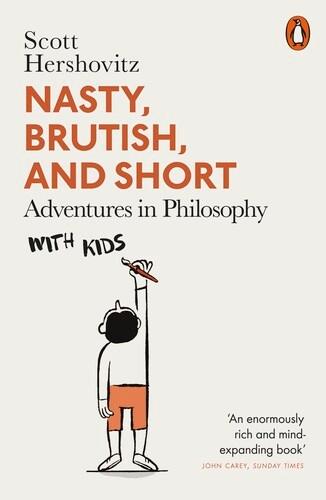책 이미지
![[eBook Code] Building Academic Language](/img_thumb/9781118744802.jpg)
책 정보
· 분류 : 외국도서 > 교육/자료 > 교육 > 교수법/자료 > 일반
· ISBN : 9781118744802
· 쪽수 : 336쪽
목차
Preface to the Second Edition ix
1 Understanding How Students Use Language 1
This chapter introduces foundational social and cultural perspectives of complex uses of languages in and out of school. It explores ways in which the Common Core State Standards provide new opportunities and challenges with respect to building academic language. These standards present new cognitive and literacy targets that can be reached only with heightened cultivation of academic language, the language used to describe complex ideas, abstract concepts, and critical thinking.
2 Language Skills Required by the Common Core State Standards 21
This chapter clarifies the functions and features of academic language with direct references to the Common Core State Standards. This includes academic grammar and discourse levels of language use. Science, math, and history teachers must teach the use of language beyond vocabulary knowledge, given that each discipline emphasizes different ways of thinking and communicating in complex ways. When students learn these ways of using language, they gain access to the codes and strategies that accelerate their disciplinary abilities and knowledge.
3 Cultivating Academic Language Acquisition 47
This chapter provides an overview of how students acquire language, along with key teacher habits and strategies for modeling and scaffolding its development across content areas. This chapter also helps us improve our own language use in classroom settings.
4 Content-Area Variations of Academic Language 79
Given that not all disciplines are alike in their content, thinking, and ways of communicating, this chapter describes variations of language that correspond to the main content areas taught in schools: math, language arts, history, and science. This chapter addresses some of the shifts in instruction that have emerged in response to the Common Core State Standards.
5 Facilitating Whole-Class Discussions for Content and Language Development 113
The focus of this chapter is on making whole-class discussions more effective for building academic language, content knowledge, and thinking skills. The chapter starts with a rationale for using classroom talk in a variety of settings and offers tips for leading discussions in ways that deepen and extend student thinking, as opposed to just promoting the accumulation of facts. The chapter offers more effective alternatives to common questioning strategies and teacher-controlled formats such as initiation-response-feedback. The latter half of the chapter examines improving academic listening, engaging all students in whole-class communication activities, and building language through simulations and role plays. Examples of Common Core State Standards are used in the activities.
6 Academic Listening and Speaking in Small Groups and Pairs 151
Building oral academic language, content knowledge, and thinking skills in pairs and small groups is important. This chapter offers ideas for supporting small group and pair discussions in ways that deepen and extend student thinking, as well as create ideas, as opposed to just regurgitating someone else’s knowledge. Examples of Common Core State Standards are used in the activities.
7 Language for Reading Complex Texts 183
This chapter looks at the language of reading, emphasizing the learning of language skills beyond vocabulary to help in comprehending difficult texts, as outlined by the Common Core State Standards. It also includes a section on teaching content area and general academic vocabulary in context.
8 Language for Creating Complex Texts 219
This chapter provides ways to develop language for the types of academic writing addressed in the Common Core State Standards. It emphasizes a deep analysis of the complex ways in which students must think, organize, fortify, negotiate, and communicate knowledge in a discipline as experts might do. It provides ideas for modeling, scaffolding, and analyzing texts that students will be asked to write.
9 Building Language Development into Lessons and Assessments 245
This chapter introduces ways to formatively and summatively assess ways of using academic language to show learning of Common Core State Standards, as well as hints for planning for instruction based on assessments. It emphasizes the importance of identifying the thinking and language that we want students to learn before we leap into instruction.
10 Concluding Thoughts 281
This book ends with some final thoughts and next steps for weaving the ideas presented in it into daily practice.
Appendix A – Recommended Resources on Academic Language 287
Appendix B – Frequently Used Academic Words 293
Appendix C – Suggestions for Before, During, and After Minilectures 299
About the Author 303
About the International Reading Association 305
Index 307













![[eBook Code] Building Academic Language](./img_thumb/9781118744802.jpg)







![[eBook Code] Building Academic Language (eBook Code, 2nd)](/img_thumb/9781118744819.jpg)




